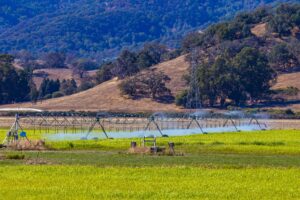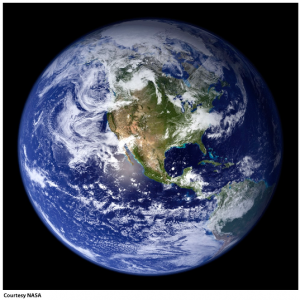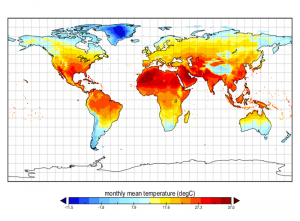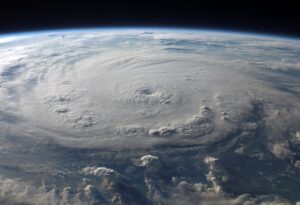Teaching
Teaching Philosophy
We have found teaching a tremendously rewarding experience and see it as a wonderful complement to our vigorous research program. Our teaching philosophy is focused on engaging students in learning climatic theories, phenomena, and processes with real-world examples. In teaching, we employ a mix of lectures, hands-on exercises, discussion, and individual/group presentations, as deemed appropriate for the subject matter. We strive to weave together physical mechanisms with case studies, observational and modeling results, and the student’s own experiences of weather and climate around them. Through these approaches, we try to convey a more complete picture of the climatic subject at hand and also a different perspective on the climate system.
Courses Taught at KHU
Dr. Lee has developed three undergraduate (GEOG1005, 2057, 3060) and four graduate (GEOG 7006, 7080, 7083, 7082) courses. Dr. Lee has taught GEOG 1005: Climatology, GEOG 2057: Climate Change and Future of the City, and GEOG 3060: Climate Data Analysis courses on a regular basis. As graduate level courses, Dr. Lee has taught General Climatology, Climatological Analysis, Monsoon Climate, and Land-Atmosphere Interactions.
Climatology (GEOG1005)
Spring & Fall semester
: Processes of weather and patterns of climate and their interactions with human activities-This course is designed to provide a broad introduction to climatology, the study of the prevailing state of weather on planet Earth. Weather and climate processes influence environmental processes and human activities, and vice versa.

Climate Change and Future of the City
(GEOG2057)
Spring semester
: Climate change is at the top of the international agenda. This should be identified by scientific evidence based on historical and modern climate data. With the understanding of historical climate change since the Industrial Revolution as well as future climate change, we have to seek the mitigation and adaptation of climate change.
Climate Data Analysis (GEOG3060)
Fall semester
: Statistical analysis and interpretation of climatological data and application to understand climatic phenomena using user-friendly and online interactive tools. This course provides an overview of climatological data and basic statistical techniques commonly used to analyze the data. The course will focus on analyzing, interpreting, and presenting various climatic phenomena in Korea and across the globe.
< Exercise Data >
Temperature : temp.mon.nc
Precipitation : prec.mon.nc

General Climatology
(GEOG 7006)
Spring or Fall semester
: Understanding the physical and dynamic processes of climate systems in different geographical regions is important. This course will build the general knowledge of climatology, including factors of climate, atmospheric interactions with other spheres, and general circulation.

Climatological Analysis
(GEOG 7080)
Spring or Fall semester
: Empirical analysis of observational and reanalysis climate data is a fundamental method in climatology. In the climatological analysis of this course, the climate statistical analysis of correlation, composite difference, and linear regression analysis will be performed using global gridded climate datasets. The statistical analyses using user-friendly and programmable tools will be applied to interpret physical and human problems across the globe.
Monsoon Climate
(GEOG 7083)
Spring or Fall semester
: Monsoons are a seasonally changing wind system, caused by a contrast in heat between land and ocean. This course will study on the basic monsoon mechanisms and the monsoon systems across the globe including Asia, America and Africa, focusing on South (Indian) and East Asian monsoon regions over the various temporal scales from intraseasonal to paleoclimatic variability.


Land and Atmosphere Interactions
(GEOG 7082)
Spring or Fall semester
: This course is designed for students who are interested in the interactions between land surface and atmosphere through biogeophysical processes. This course will study the effects of human-induced land cover/use changes (e.g., deforestation, afforestation, and irrigation) on the climate systems across the globe.


